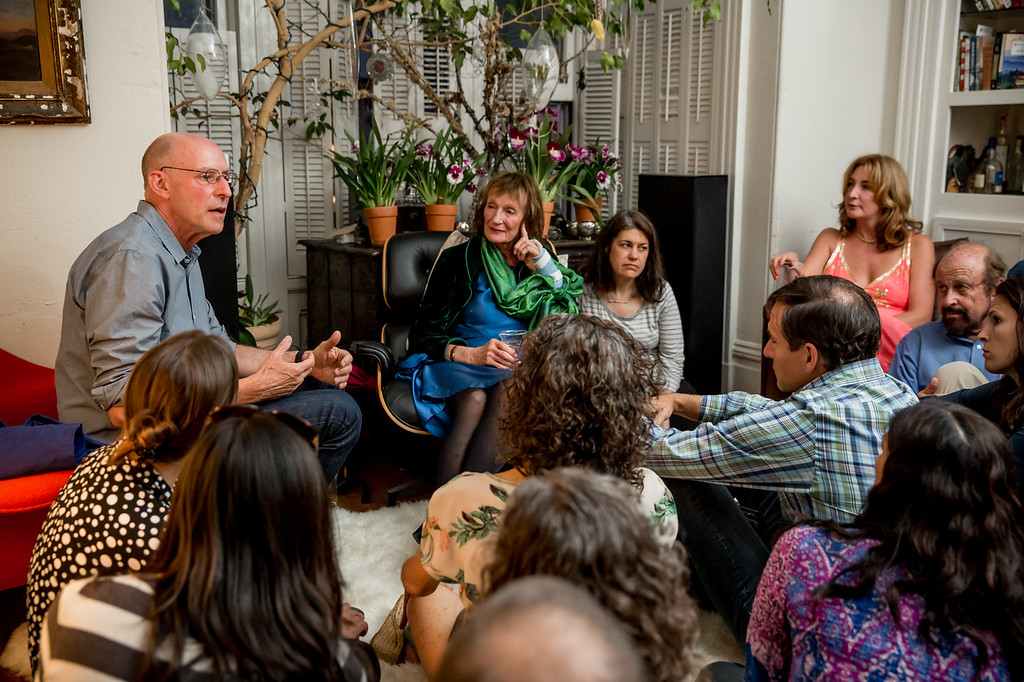
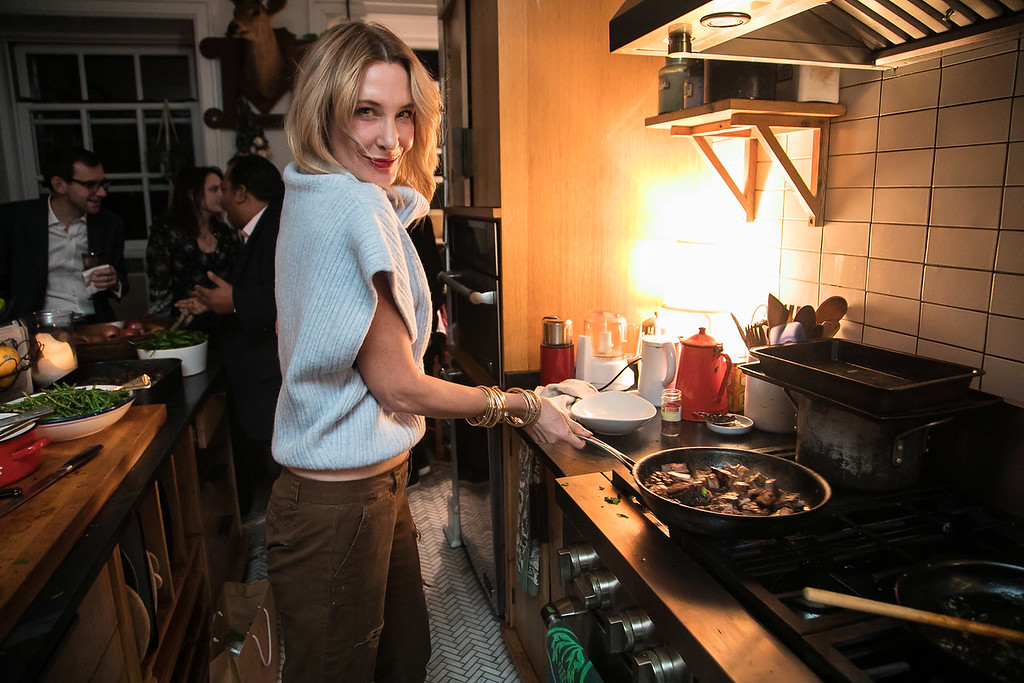
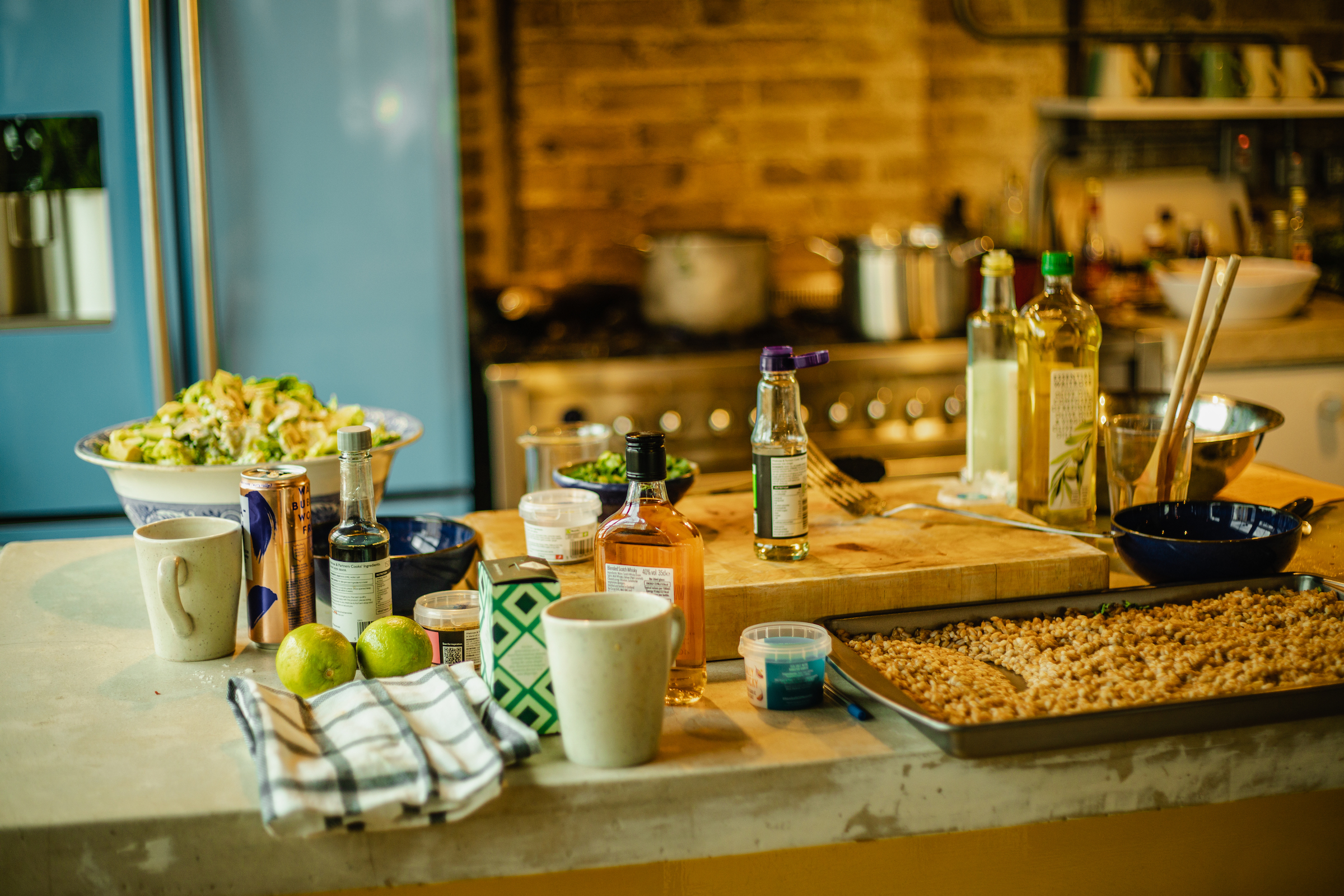
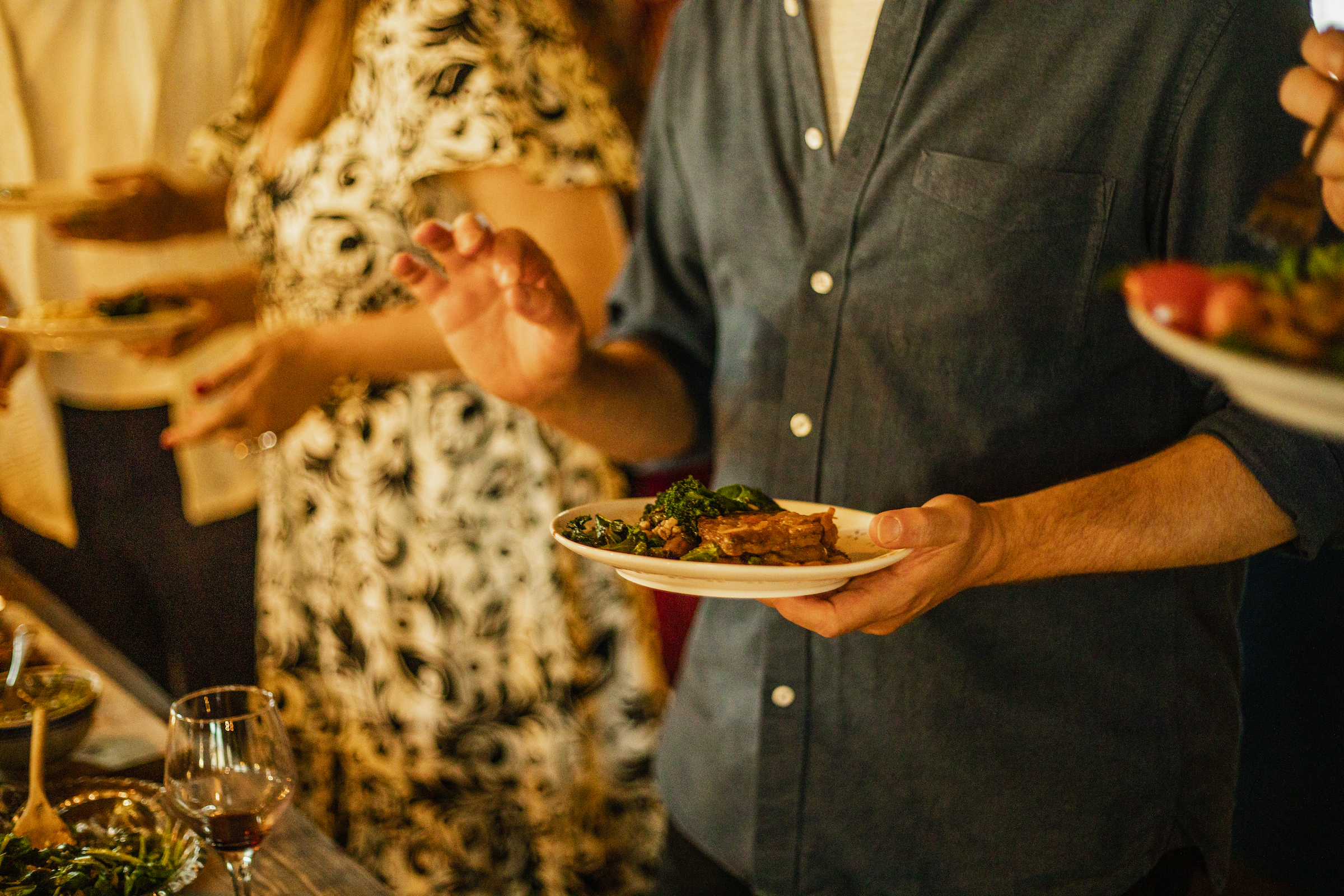
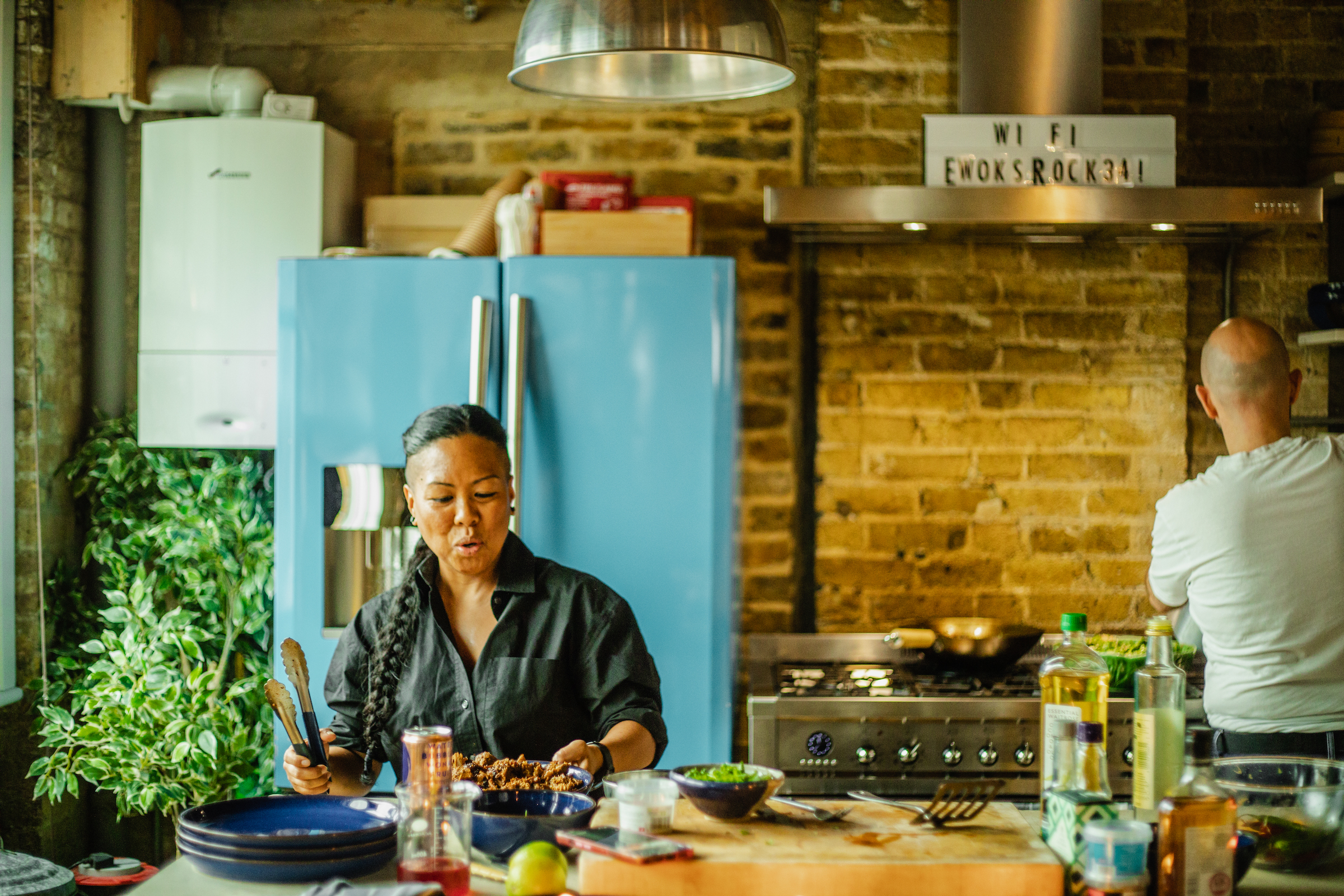
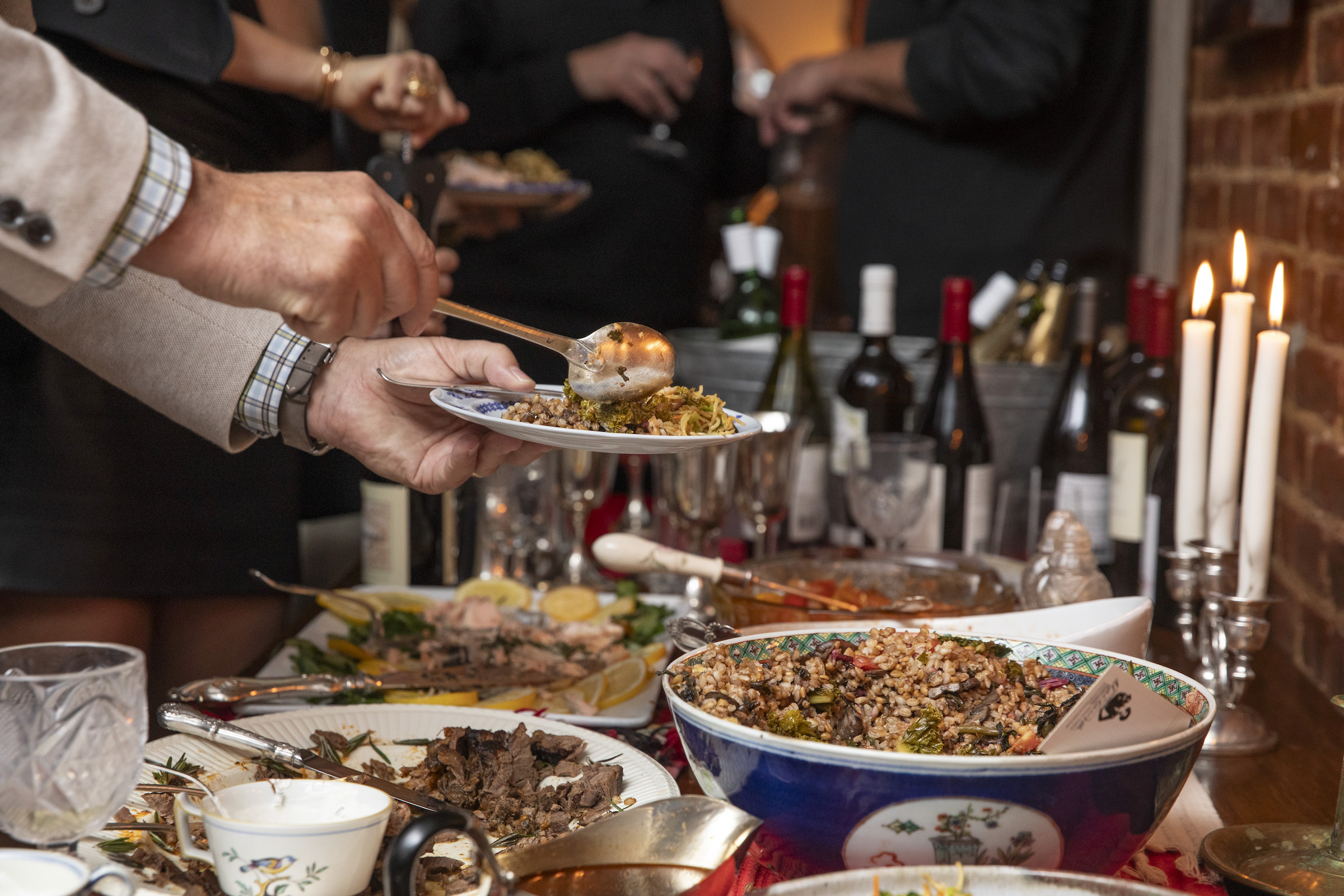
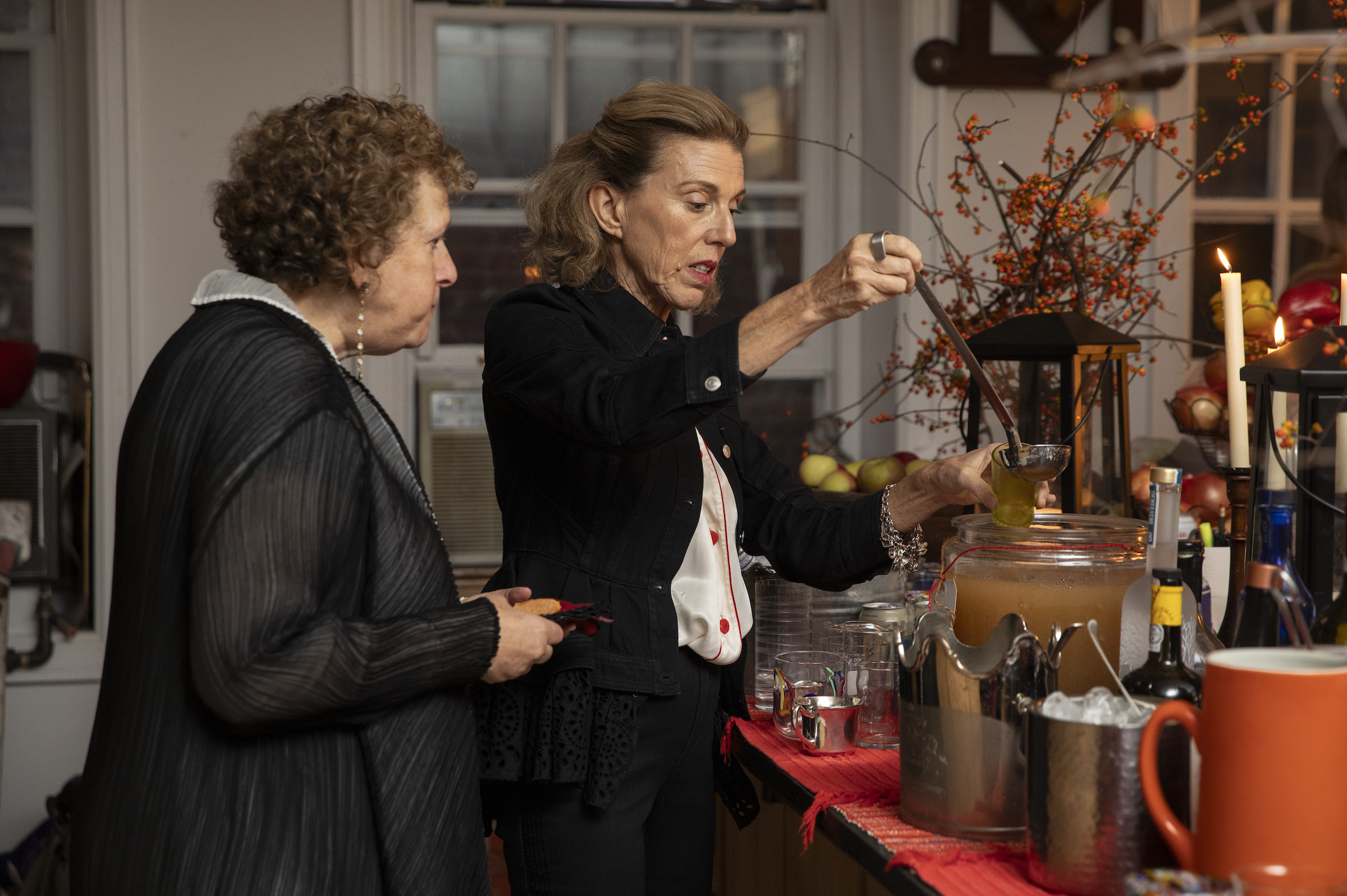







In writing about why hosting salons is so rewarding, powerful and different from having a regular old dinner party, we’ve referenced the power of cooking for others.
As author and past POSTHOC salon speaker Michael Pollan once said:
There’s actually a whole psychological science to be explored behind the social bonds created when we cook for others, and from an evolutionary standpoint it makes sense. When primitive humans were competing for food and resources there was almost never sharing of food outside the family and tribe, much less hosting.
So as humans were becoming more food-secure, it’s only natural that we learned to share to make potentially beneficial relationships with outsiders.
Fortunately these days most people are only afraid to come over for a dinner party because they might feel shy and uncomfortable around strangers or about socializing generally, a much easier anxiety to overcome. But once the guests’ guard is let down and receives sustenance from the host, a very primal, subconscious bond begins to form.
As The Salon Host founder Susan MacTavish Best says:
Attachment theory, originally used to describe how an infant bonds with or attaches to their primary caretaker, revolutionized couples’ therapy towards the end of the 20th century when researchers began to notice early attachment patterns playing out across adult relationships.
In 2018 The National Center for Biotechnology Information did a systematic review of 11 research studies on the psychosocial impact of cooking for others and cooking in groups and found a clear pattern: participants were seeing both a mood and psychosocial boost within their own families and communities that lasted long after the dishes had been put away.
Perhaps we feel more secure during the experience of gathering and sharing food and thus become more secure afterwards, at least for a while.
Compared to the divisive social affirmation we get from going to a restaurant, parties sitting at separate tables being served by a staff, a shared, homemade meal is a stark contrast.
As author Alain de Botton points out in his book Religion For Atheists, “The number of people who nightly patronize restaurants implies that these places must be refuges from anonymity and coldness, but in fact have no systematic mechanisms by which to introduce patrons to one another, to dispel their mutual suspicions, to break up the clans into which people chronically segregate themselves or to get them to open up their hearts and share their vulnerabilities with others.”
The world feels so divided right now – perhaps more eye contact with our friends, neighbors and possibly, perhaps even ideally, people we don’t agree with about everything, can make us feel connected and restore some civility around here.